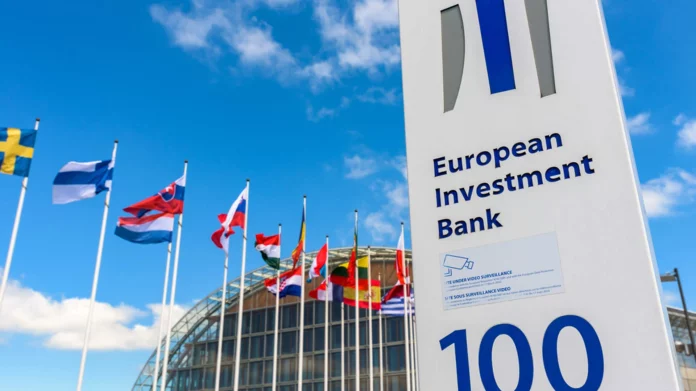At a moment when Africa’s youth population is growing rapidly, and the demand for innovation and entrepreneurship has never been greater, financing remains a critical chokepoint.
Many young innovators and early-stage ventures struggle to access capital because financial institutions view them as high-risk borrowers because they have little or no collateral to pledge. Some of these innovators have also never borrowed before, meaning they lack a credit record that financial institutions can use to assess reliability.
Moreover, lenders prefer financing established businesses with proven revenue streams and innovative ideas are often new and untested, making it difficult for lenders to evaluate their success potential.
As a result, promising ideas die early because innovators can’t develop prototypes, scale operations, or commercialize their inventions. When such ideas die, fewer jobs are created, worsening youth unemployment, ultimately affecting the country’s overall economic growth.
Against the backdrop, the European Investment Bank (EIB) through its development arm, EIB Global, is proving to be a key lever to bridge this gap by implementing programmes such as Boost Africa.
Boost Africa is a joint initiative of the African Development Bank (AfDB) and the European Investment Bank (EIB), with support from the European Commission. The motivation behind this programme is the fact that the public sector alone cannot provide the capital needed to meet Africa’s developmental needs. Private capital is emerging as a powerful tool for meeting Africa’s needs but the continent lags in attracting it.
Years later, businesses across Kenya and the wider African region say the lender is delivering on its promise to help build a self-sustaining venture capital eco-system that has talented Fund Managers who can fundraise and helping businesses be investor ready so as to have a wide pool of bankable enterprises.
Ted Pantone, CEO and Co-founder of Turaco Insurance, a microinsurance firm, is one of the beneficiaries of the initiative. Mr. Pantone credits his business’s growth to the initiative which he says chipped in when the business was in dire need of resources to scale.
“I learned about EIB being a part of AfricInvest when he had some challenges in our business around developing and coaching our people to be upskilled. I really wanted resources to be able to do this, and Boost Africa came alongside us and met the specific needs we had in the business at that time,” he said.
How EIB is fueling Kenya’s private sector growth through Private Equity and Venture Capital
In the last three years, Turaco has experienced a remarkable growth from 100,000 users to 1.6 million active users.
“That’s around $1.5 million of premium to $12 million of premium. By going to a Fund like AfricInvest which is backed by Boost Africa and EIB, we were able to find people who understood Africa risk in terms of investment and were able to see the potential and what we were trying to build,” he explained.
The EIB has a long history of investment in Kenya, focusing on various sectors in both the public and private spheres such as renewable energy, infrastructure, and private sector – small and medium-sized enterprises (SMEs) support.
Through Boost Africa, the lender has channeled capital into private equity and venture capital funds, which in turn invest in innovative businesses with potential for exponential growth.
Beyond financial support, Boost Africa has set aside funds to provide investment advisory services and knowledge transfer to both private equity fund managers and entrepreneurs that then go on to improve the operations of the companies that the funds invest in for increased sustainability.
“In Kenya, we work with funds like Seedstars Africa Ventures, TLcom, Atlantica, and AfricInvest. Our role is to partner with Fund Managers to help startups build operational capacity, refine governance and ESG systems, and become investor ready. At the same time, we support fund managers in strengthening their strategies, governance, and fundraising capabilities,” Astou Dia, Boost Africa Lead–Kenya says.
Since its first project in the country in 1976, the EIB has invested over EUR 1.8 billion (Sh230.4 billion) in different public and private sector projects over the years. Out of this amount, close to EUR 700 million (Sh. 100.8 billion) has been used to support businesses in the private sector through intermediary lending in partnership with local financial institutions and venture capital funds.
In 2024 alone, the EIB signed €7.9 billion in financing outside the EU, with €3.25 billion targeting private sector beneficiaries, showing its growing importance in the economies of many countries.
Across Africa’s venture capital landscape, the EIB has so far invested over EUR 3.8 billion of its own capital in 178 funds, which have in turn mobilized over EUR 32.4 billion from other investors for the continent’s private sector.









